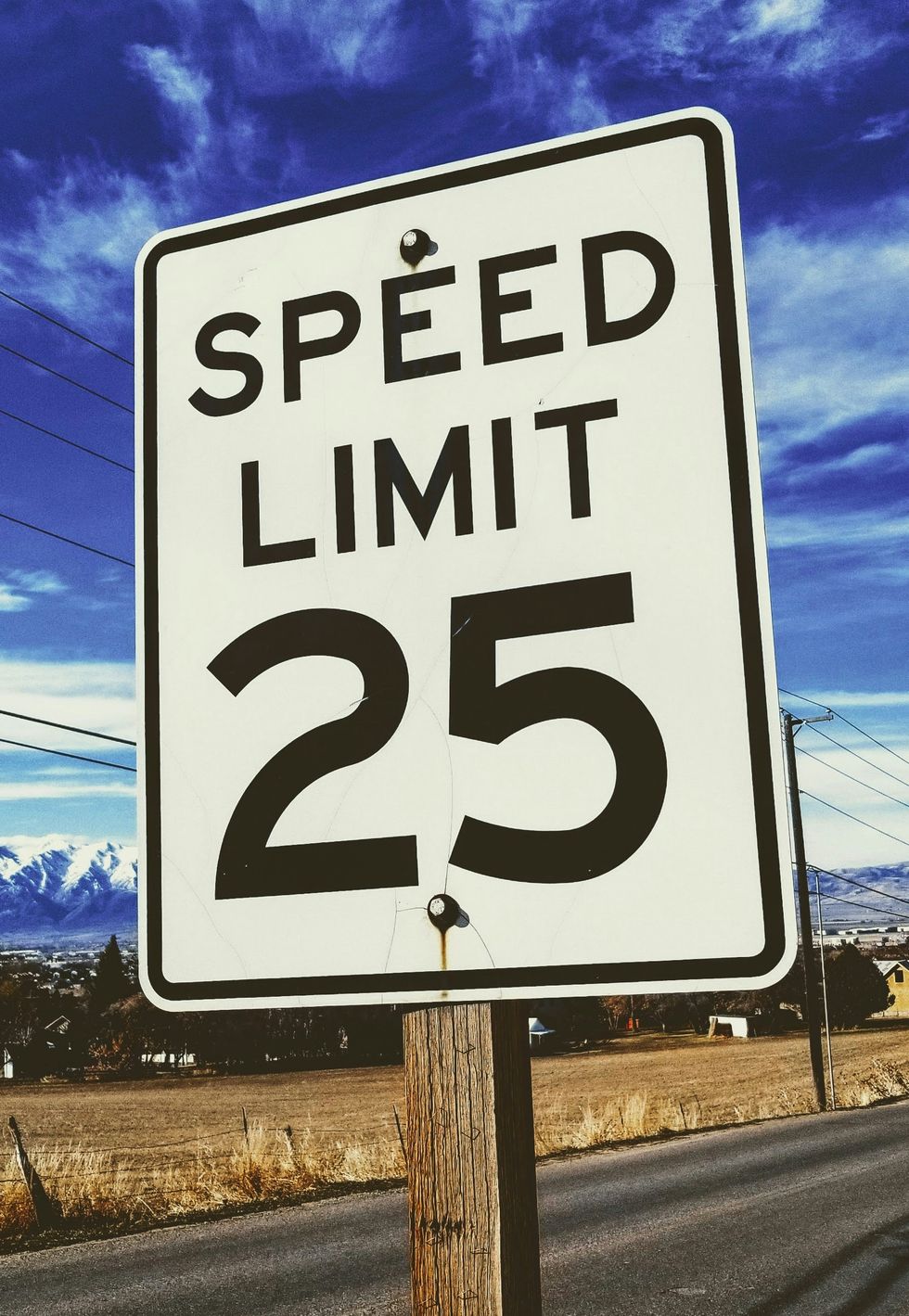On Feb. 22, 2021, Gov. Phil Murphy signed New Jersey's cannabis legislation into law, paving the way for adult-use cannabis in the state.
Notably, the new cannabis laws create zero provisions for home cultivation, a right for which NJ medical cannabis patients have spent ten years fighting.
New Jersey is just one of the few cannabis states that does not allow medical patients to grow at home.
One of the most active supporters for home cultivation in New Jersey is Jo Anne Zito, a board member of the Coalition of Medical Marijuana of New Jersey (CMMNJ). The initiative to allow home cultivation is named “Jeff’s Law” after Jeff Oakes, a veteran cannabis activist who is dying of cancer.
Zito believes that New Jersey State Senate President Steve Sweeney (D-Gloucester) – who was co-sponsor of the state’s adult-use bill – is against cannabis home grows, making passage of Jeff’s Law difficult.
Meanwhile, New Jersey Senate Majority Whip Nicholas Scutari made a statement on home cultivation in April 2019: “I’m personally not against home grow, but we have to walk before we can run,” he said. “In the future, it’s something we can consider, but we’re not putting it in now."
Scutari also added that: “It’s hard to police gardners.”
Some want to wait for the adult-use market to be established before homegrow is legalized, Zito said, “But [patients like] Jeff Oakes can’t wait.”
The need for home cultivation laws stems from a widespread agreement that the NJ medical cannabis produced by dispensaries is oftentimes too expensive or mediocre for patients, who would like the option of growing their own.
Zito also lamented how one of the issues is that many New Jersey medical marijuana patients see the strains (aka cultivars) they love and need discontinued by the dispensaries.
Even though there are a lot of different strains to choose from, many people find that one specific strain works for them best. Distinct effects of various cannabis cultivars come down not only to THC levels but terpene profiles as well.
To build public support for home cultivation, Zito launched a petition for Jeff’s Law and spoke at a masked cannabis rally in Trenton this past August. She has also lobbied state lawmakers.
“Hopefully, with the work we’ve done by patients, it can’t be denied even by him,” she said of Sweeney’s stance on home cultivation.
Would Home Cultivation Harm NJ Cannabis Businesses?
Perhaps one of the biggest obstacles facing home cultivation cannabis laws in New Jersey is that some in the industry are afraid it would interfere with revenue from legal sales.
In 2019, New York medical dispensaries sent Governor Andrew Cuomo a letter stating that home cultivation laws would cut into their profits and urged him to ban homegrow.
Kris Krane of 4Front Ventures, a multistate operator (MSO) in five states, supports homegrow and has watched the states’ policy evolve.
“I think if people want to cultivate their own, they should have every right to do so,” Krane said.
Krane wrote a column in response to the Cuomo letter on Forbes.com saying the industry shouldn’t be greedy. He said it is a bad business decision to discourage the regulation of growing cannabis at home because people who grow generally are cannabis enthusiasts and consumers of dispensary products.
“I think it’s a good business decision to advocate for it,” said Krane, who was also a founder of Students for Sensible Drug Policy (SSDP) and worked at the National Organization for the Reform of Marijuana Laws (NORML).
Krane also noted the National Cannabis Industry Association (NCIA) came out publicly against the letter from New York dispensaries.
Industry stakeholders might also note that there are economic benefits to passing home cultivation laws, Zito explained. For example, many seeds, plants, and clones are sold along with gardening tools specifically for growing cannabis at home.
“Legalizing fosters safety, business, innovation, and promotes compliance,” Zito said of home cultivation.
Home Cultivation Not an Issue in Other States
Krane explained the only issue with allowing home cultivation was in Colorado, where caregivers grew for multiple patients and began selling across state lines. Krane said this has been addressed. Thus, it is no longer an issue in Colorado, nor has it become a problem elsewhere.
Krane further explained how politicians have raised concerns that homegrow would lead to an increase in home invasions and bolster the size of the black market.
“I haven’t seen any issue with home grow laws. These laws have gone on just fine,” Krane said.
Thus, despite the hand wringing, none of the fears around allowing home cultivation of cannabis have come to pass.
Playing Politics with Plant Medicine
In most states with referendums, an organization can write a bill, gather petition signatures, and get their measure on the ballot and passed.
In contrast, New Jersey’s legislature is responsible for shaping the nuances of its cannabis legislation, which the Senate and Assembly submitted to the Governor on Dec. 17, 2020.
“It’s a little bit different when it comes to politicians than voters,” Krane said. He acknowledged passing home cultivation via the legislative process is a harder lift.
However, Zito believes four plants would be enough for people who need it. She noted perhaps people could also purchase permits to grow their own.
After all, patients have been fighting for the right to grow cannabis in New Jersey since 2009.
“If this were the people’s bill, it would definitely be in the language,” Zito said of the referendum before the elections.
“People would probably think they can grow after reading this,” she said regarding the ballot language. “But I don’t think that’s going to be the case. I do feel the majority of the people are for [home cultivation].”
Despite the difficulties of getting home grow legalized, Zito remains optimistic.
She hopes if home cultivation of cannabis cannot be legalized, it can at least be decriminalized in New Jersey. The current penalties for growing cannabis at home in the Garden State are severe.
With decriminalization, although plants could still be confiscated there would only be a small fine akin to a parking ticket versus the current felony charges.
Yet, there is hope that since adult-use cannabis sales have been legalized in New Jersey, home cultivation will soon follow.
According to Zito, such a delayed timeline is not easy for those who need cannabis the most.
“Patients can’t wait for that,” she said.
Don't miss out on fresh cannabis takes from The Bluntness. Sign Up for our weekly newsletter to stay in the loop!
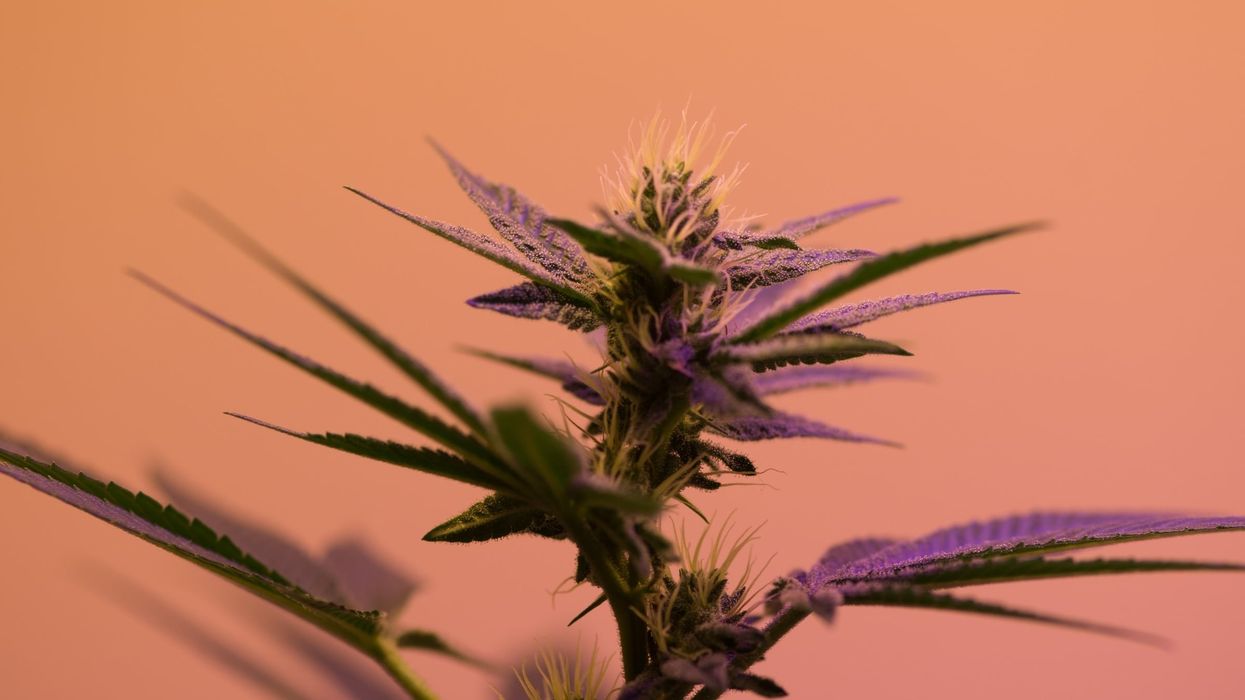









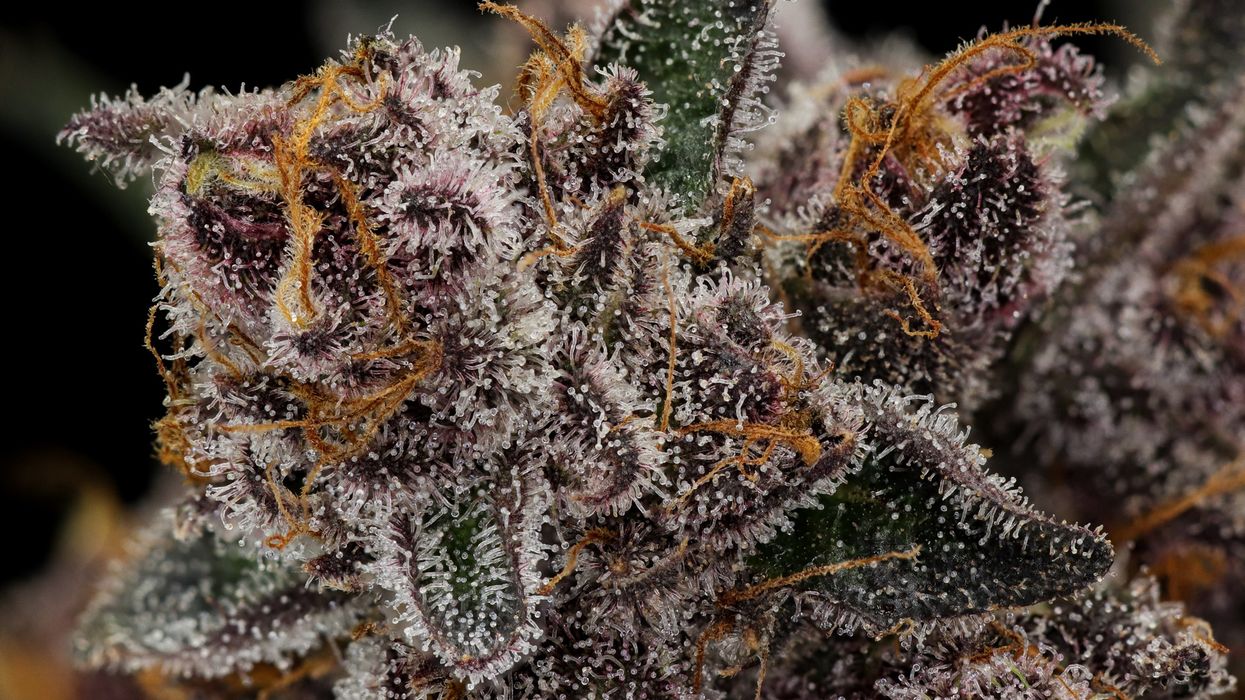



 The Truth About THC Candle: Cannabis Candles & How to Make Your Own - The Bluntness
Photo by
The Truth About THC Candle: Cannabis Candles & How to Make Your Own - The Bluntness
Photo by 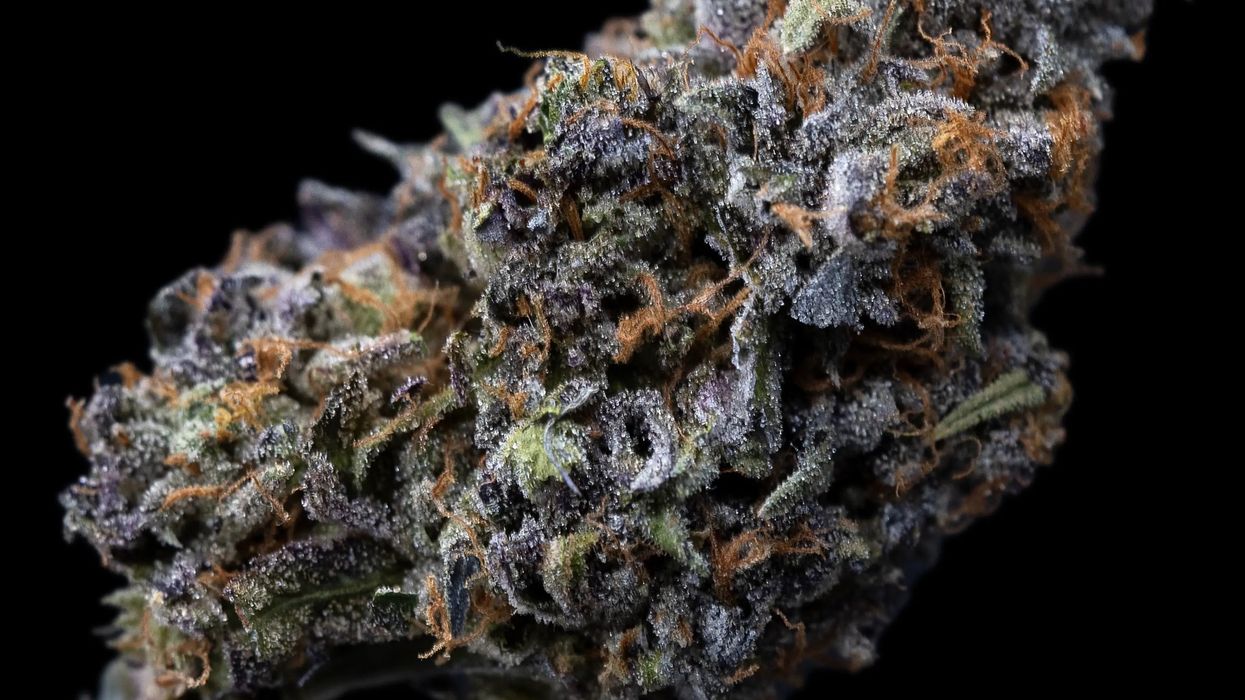
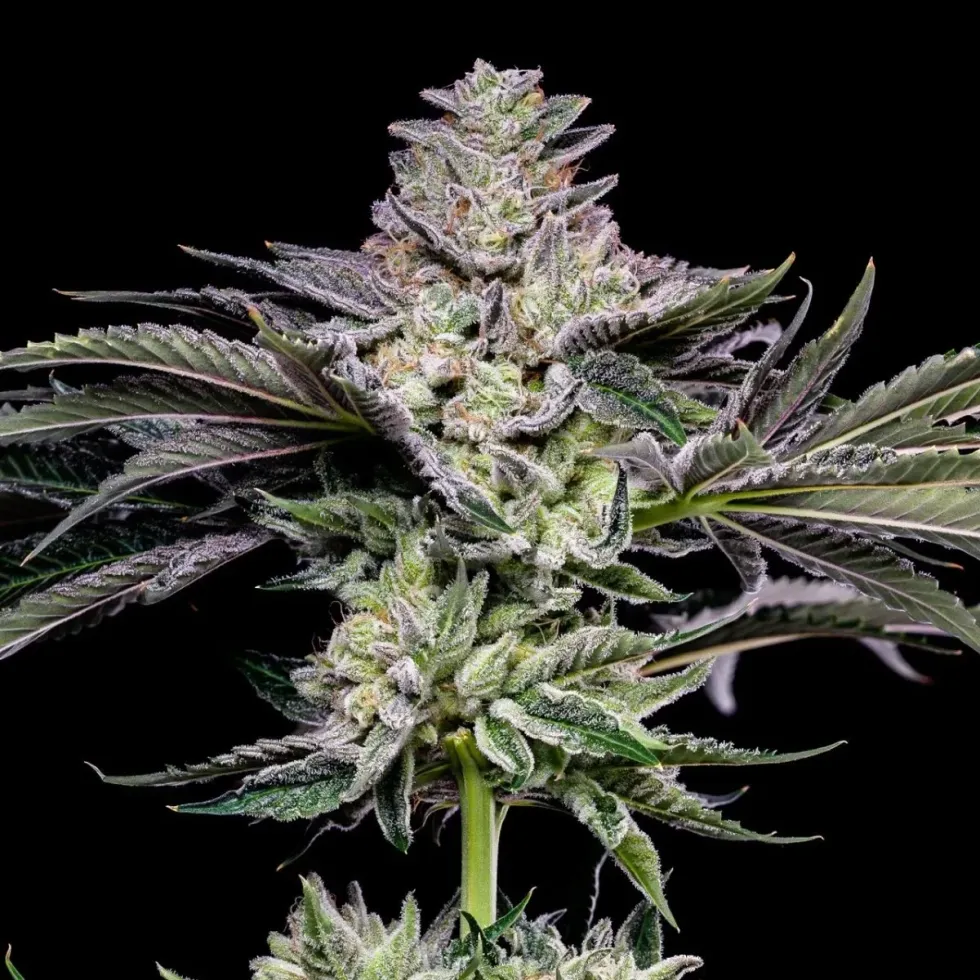 Gush Mints - The BluntnessPremium Cultivars
Gush Mints - The BluntnessPremium Cultivars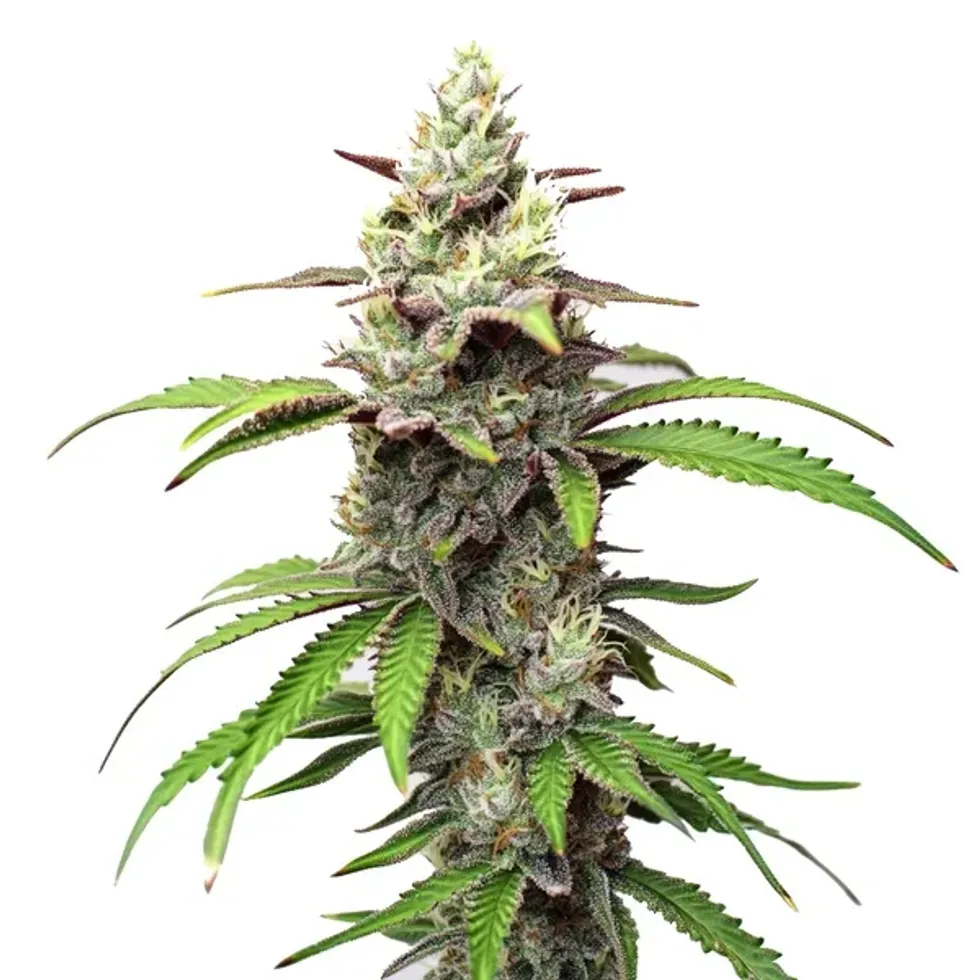 Gush Mints Strain Review - The BluntnessBlimburn Seeds
Gush Mints Strain Review - The BluntnessBlimburn Seeds
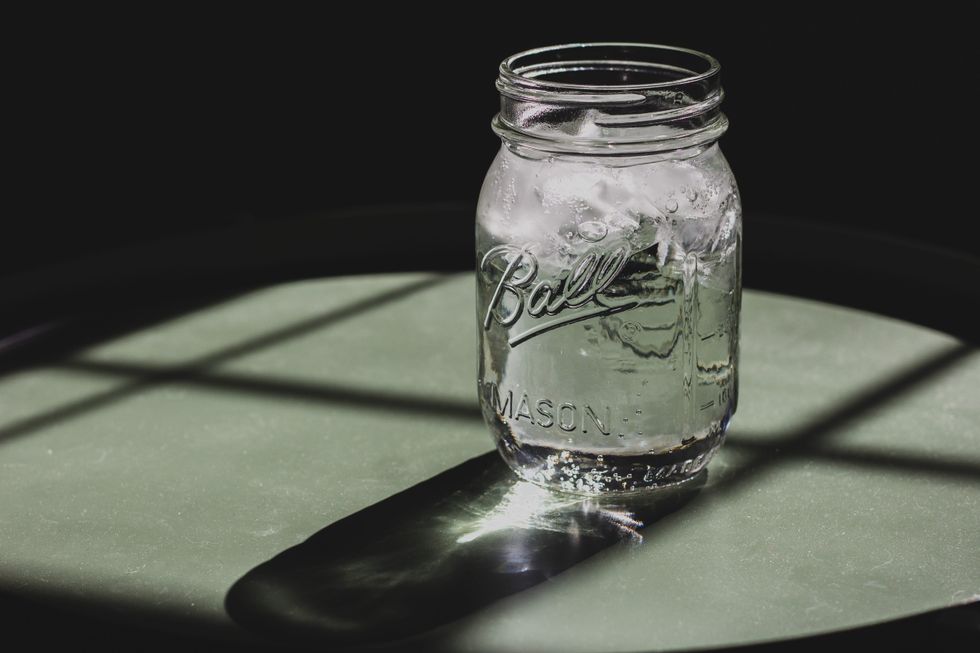 How to Store Magic Mushrooms
How to Store Magic Mushrooms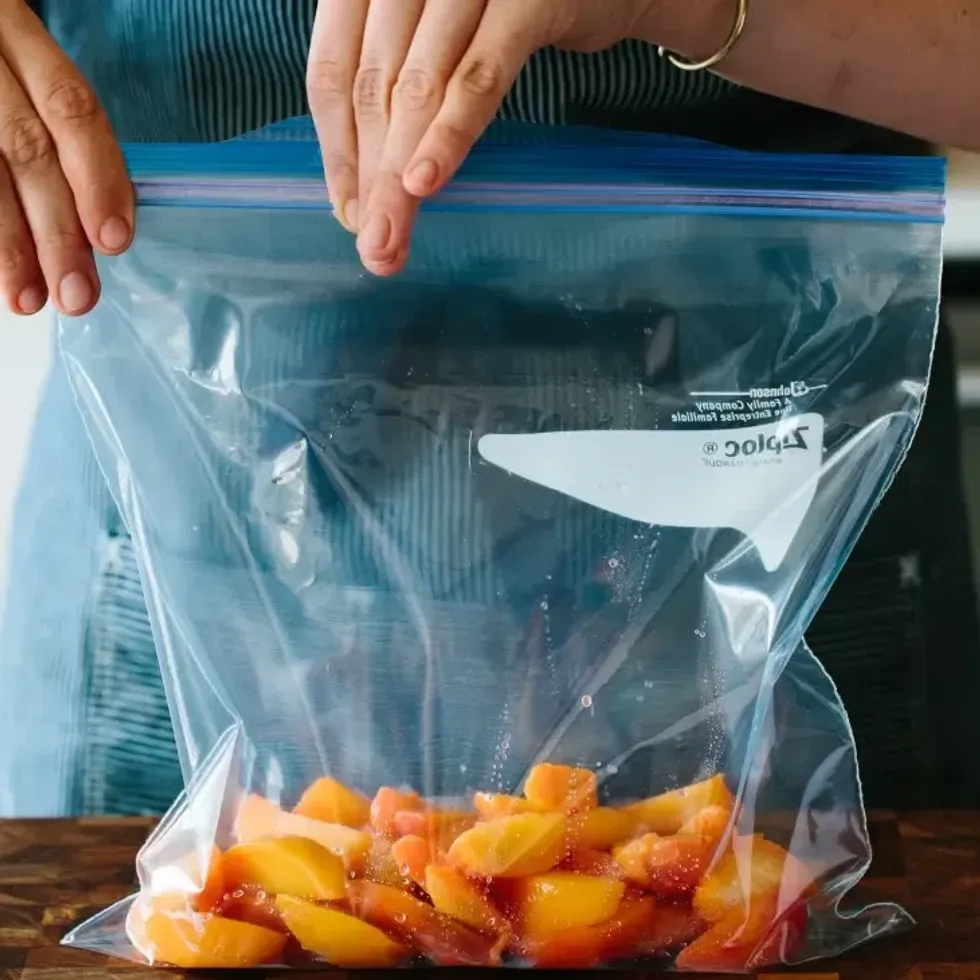 How to Store Magic Mushrooms
How to Store Magic Mushrooms How to Store Magic Mushrooms
How to Store Magic Mushrooms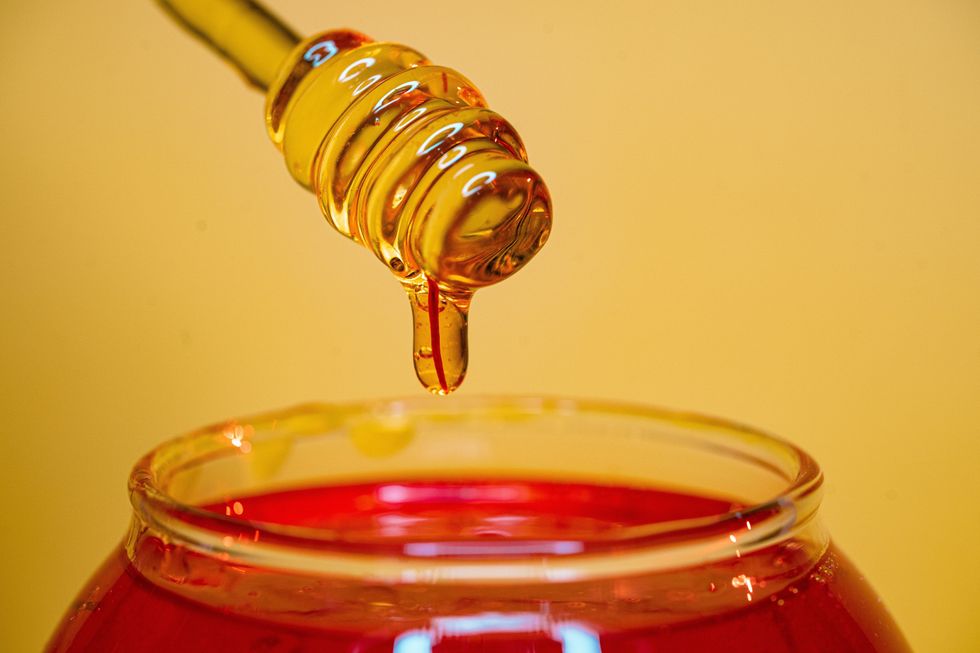 How to Store Magic Mushrooms
How to Store Magic Mushrooms How to Store Magic Mushrooms
How to Store Magic Mushrooms



